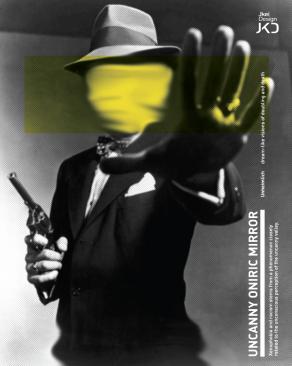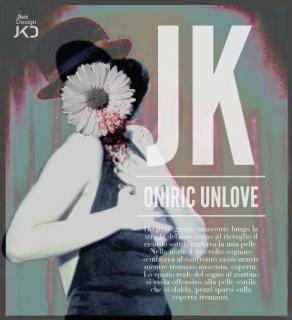Sara Viscione
Artist, Napoli, Italy, joined 12 years ago
The Freudian Uncanny / The aim of my work is to draw attention to the complex problems of contemporary society: in today’s era of globalization, multiculture and interculture where national and cultural borders fall, the sense of identity becomes fluid, unstable, dynamic. However, paradoxically in this same era integralism has become more pronounced. Because of its contradictory nature today’s transnational and global society can be called ‘glocal’, that is both global and local: if on one side today’s society is fluid and porous, on the other hand it’s characterized by racism and discrimination due to a sense of nation, citizenship and identity in crisis, sometimes exploding in acts of fanaticism and fundamentalism.
‘Uncanny Oniric Mirror’ focuses on the Freudian idea of the Uncanny (Ger. Das Unheimliche - ‘the opposite of what is familiar’). The uncanny experience I tried to represent is closely related to contemporary phenomenon of racism. This experience is always accompanied by ‘dream-like visions of doubling and death’: according to Freud, the uncanny ‘derives its terror not from something externally alien or unknown but - on the contrary - from something strangely familiar which defeats our efforts to separate ourselves from it’ (Morris). With regards to the uncanny experience, Tzvetan Todorov attributes literary terror to the collapsing of the psychic boundaries of self and other, life and death, reality and unreality. Thus, ‘Uncanny Oniric Mirror’ deals with the theme of the 'double' and its connections with reflections in mirrors, with shadows. The 'double' represents the primary narcissism which dominates the mind of the child and of primitive man. But when this stage has been surmounted, the 'double' reverses its aspect. From having been an assurance of immortality, it becomes the uncanny harbinger of death. So, the other, the stranger, resides first of all in ourselves. The most important point regarding the double is the necessity to confront and recognize the dark aspect of one's personality in order to transform it by an act of conscious choice. Ideally, the Shadow diminishes as one's awareness increases. ‘Freedom comes,’ according to Mahoney, ‘not in eliminating the Shadow but in recognizing him in yourself.’ That is true for contemporary phenomen of racism as well. (1)
Finally, ‘Uncanny Oniric Mirror’ is about the postmodern idea of repetition: I believe that nothing new can be created anymore and that novelty comes from the repetition, that is why I chose to manipulate an old popular picture and give it a new personal meaning.
(1) Sigmund Freud, The Uncanny in The Standard Edition of the Complete Psychological Works of Sigmund Freud, ed. & trs. James Strachey, vol. XVII (London: Hogarth, 1953)
News
celeste,








